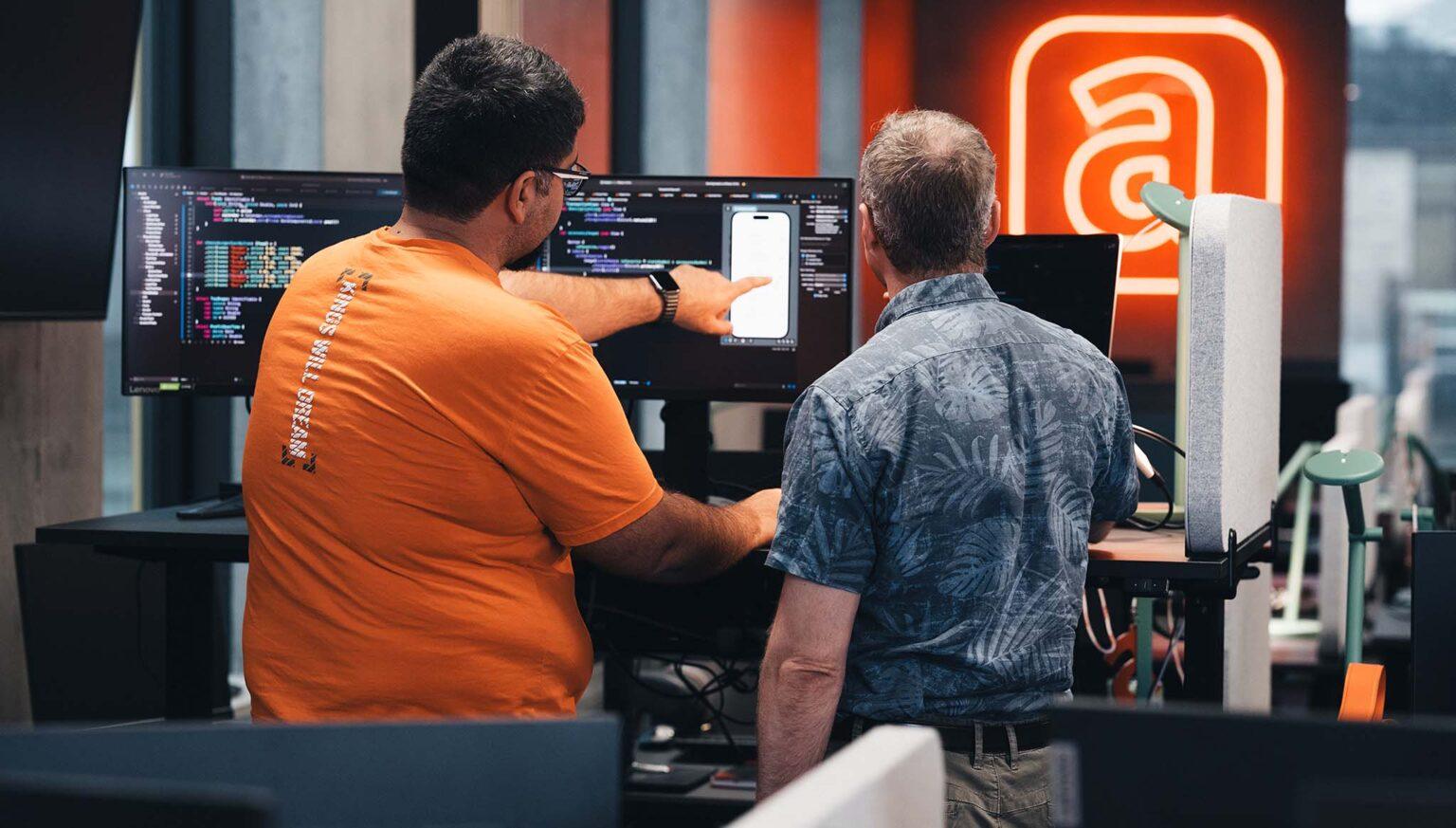This article is published in: Business Insights
The Danish company Acubiz cures headaches caused by expenses with a cocktail consisting of automation and app-based expense handling, while also securing compliance with legislation and the companies’ internal regulations.
Back in the day, business people used to place a massive pile of receipts on the accountant’s desk after a business trip. Luckily, in most companies, this pile is replaced by a quick photo taken by a smartphone, which documents the purchases made during the trip.
However, the digital photos of receipts may soon be as outdated as the paper receipts. At least this is what Acubiz aims for. In 1997, the company started offering a digital alternative to the traditional travel expense reporting. Today, Acubiz handles supplier invoices, time tracking, company credit card transactions, outlays, mileage allowances, expense- and travel receipts, and many other things for their more than 185,000 users across 44 countries.
“We have built a lot of features on top of the travel expense functionality. We have done so because employees do not only use their company credit cards when they are travelling. They use them for an abundance of various expenses. Therefore, we have focused on a receipt’s journey through the organisation to automate the process where the CFO can save time and avoid headaches.
Customised document journey
Not all expenses are the same. Pawrup emphasises that a cup of coffee that costs 30 Danish Kroner can easily cause the same administrative work for a company’s accounting department as a purchase with a 30,000 Kroner price tag. The bookkeeping rules, the tax laws, and the company’s internal regulations have to be complied with, regardless of the size of the amount, but this is easy for Acubiz’s customers.
“The users of our solution can implement a line of rules, so the coffee and similar small amounts are automatically recorded in the books, so they do not take up valuable time from the accounting department,” Pawrup explains and continues:
“But we do not automate processes for the sake of automation. We build workflows that fit the company’s work procedures. Some rules may also apply to all employees, while we can make exceptions for others, the CEO and other managers for instance. Obviously, they have different spend authority than the student assistant.”
The logic about workflows and automation is what sets apart Acubiz from its competitors. Additionally, Acubiz integrates with all company credit card vendors, so the users are not bound by a specific vendor.
The complexity separates the sheep from the accounting goats
Among Acubiz’s customers are companies like Pandora and Power. According to Pawrup, it is especially the larger companies who see the advantages of the solution. When companies work across borders, the accounting rules often changes fundamentally, even on a simple level.
“When you use your car for business related purposes in Denmark, you have to record the number of kilometres. But in some countries, you have to record the number of passengers and the size of the engine, and in other countries, different rules apply. So countries’ accounting practices vary on many levels. We operate in 44 countries, so we can handle the increased complexity. This is where the sheep are separated from the goats when it comes to services like ours,” Pawrup explains.
“A business area that we are currently looking into is to utilise all of the available data to let our customers, for instance, benchmark their expenditures on hotels compared to other Acubiz customers. By doing so, our customers can identify savings or negotiate better discounts. Everything is anonymised and compliant with the GDPR legislation,” Pawrup states.
And he believes that data and automation will be more and more important.
“The future will undoubtedly bring new and smart options to gather transactional data, also within business-related purchases. We can, therefore, produce an automation 2.0 solution, where we can further ease the administrative workload in terms of documentation, control, and accounting of expenses. By doing so, the companies can spend more time on value creation.” says Kim Pawrup.

